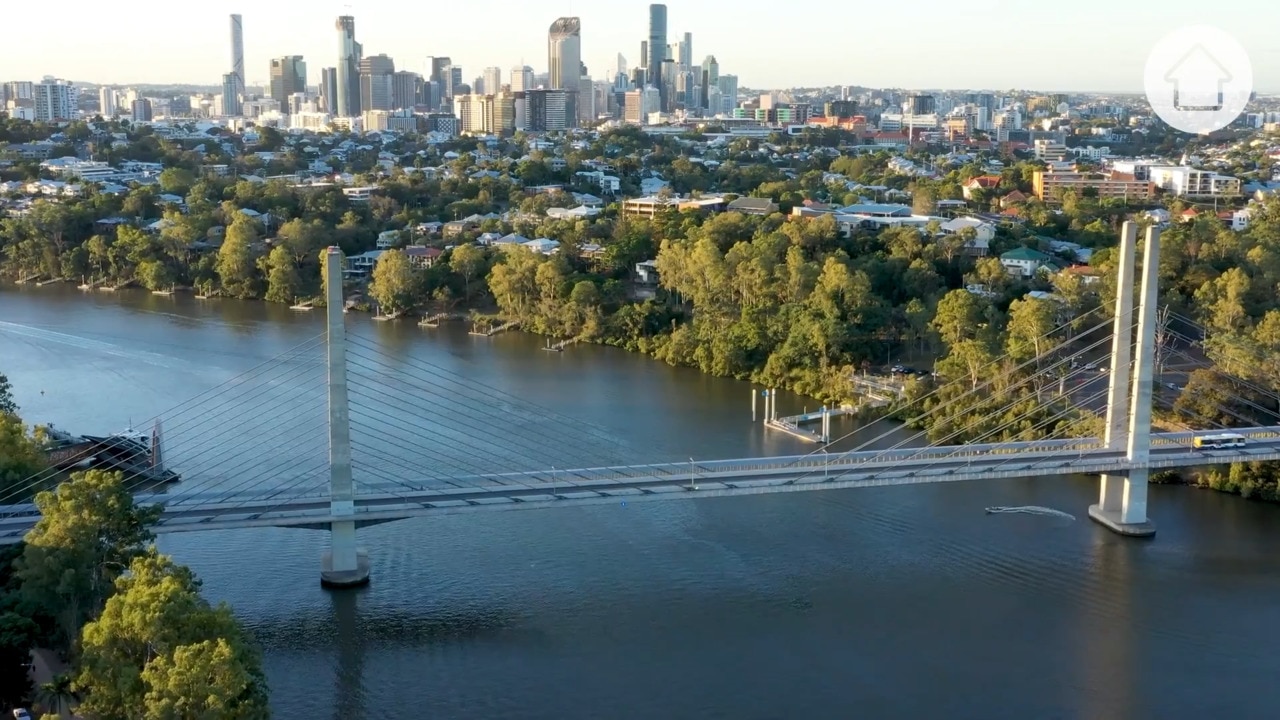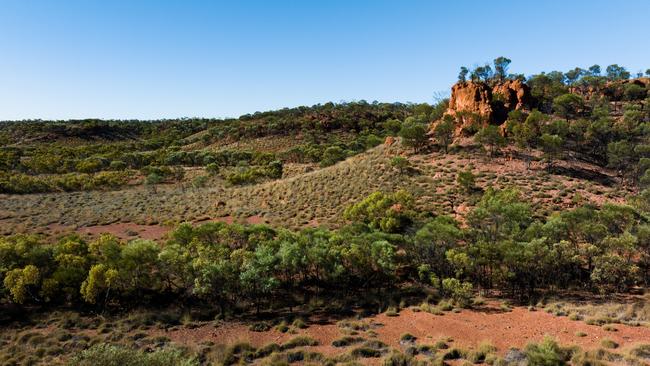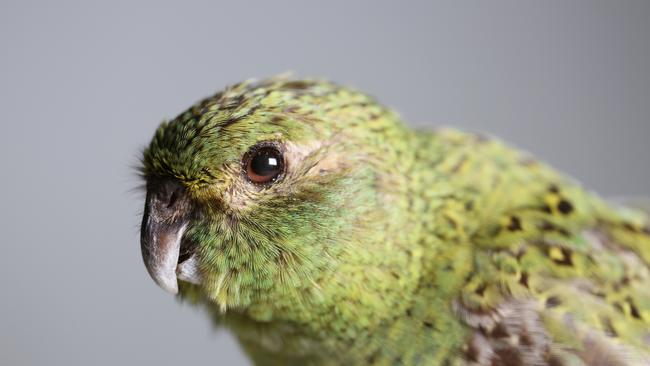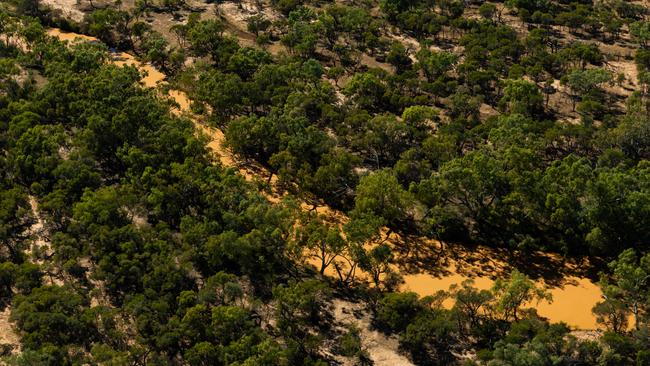Govt buys $51m cattle station to save 60gram native creature
The government has bought a $51m cattle station to save a native creature weighing as little as a small chocolate bar from extinction.

The government has bought a $51m cattle station to save a native creature weighing as little as a small chocolate bar from extinction.
The move is part of high level moves to bring the critically endangered night parrot back from the point of extinction – after it resurfaced in western Queensland after about 80 years of being thought of as gone forever.
NEWS: 50 cheapest places in Australia to build a house
Investors bailing on rentals in shock new move
Campbell Newman’s massive post-politics property payout

The Queensland government did not foot the entire bill for the cattle station, entering into a groundbreaking private-public agreement to get the almost $51m deal over the line with the help of a $21m donation from an anonymous donor.
Property records showed Vergemont Station sold in a secret agreement for a massive $50,879,400 in a multi-sale spanning 350,000 hectares. The anonymous donor’s $21m gift via the Nature Conservancy covered about 40 per cent of the cost, leaving the Queensland government to pay for close to 60 per cent or $29.88m.

State environment minister Leanne Linard said it was “one of the largest and most environmentally significant land acquisitions in recent history” covering 352,589-hectares that will be dedicated as national park.
She said the land purchased contained more regional ecosystems within it than over 90 per cent of Queensland’s current national parks.
The former owners of Vergemont Station, Francis and Leonard Bode, were shown to have agreed to the multi-sale in December last year, with settlement in April this year, with parts of their property handed over including Opalton – their cattle grazing and opal mining land covering 85,784 hectares, as well as a further 34,871.64 hectares for Vergemont station.
RELATED: Donor gifts $21m to buy cattle station for endangered parrot

The cattle station, which is five times the size of Singapore and bigger than the Australian Capital Territory, was identified as one of the places that the critically endangered night parrot was expected to grow from its estimated less than 250 population size worldwide.
The deal was subject to strict confidentiality agreements, with the only revelation being that an anonymous $21m donation was made towards it via the Nature Conservancy to turn the cattle station into national park.
There has been wide speculation over who the $21m donor was though guesses include Australia’s richest woman Gina Rinehart, long time cattle families and international philanthropists.
The deal made headlines because it was a the single largest donation for land protection in Australia, with other vulnerable species were also expected to benefit such as the yellow-footed rock-wallaby and Opalton grasswren.


“Vergemont Station contains 34 different regional ecosystems, ranking higher than 90 per cent of existing national parks in Queensland in terms of regional ecosystem representation,” Ms Linard said.
“Eight of these regional ecosystems are not represented as comprehensively on any other property in Queensland.”
“The acquisition creates a protected area corridor that conserves nearly 1.5 million hectares of the Channel Country bioregion. The government will allow boulder opal mining operations to continue on parts of the property.”


“It contains significant riverine and biodiversity conservation values, including key habitat for the endangered night parrot, vulnerable yellow-footed rock-wallaby and highly restricted Opalton grasswren. Approximately 98 per cent of Vergemont Station is covered in remnant vegetation, and the land lies across two of Queensland’s 13 bioregions.”
Vergemont Station joins recently acquired Tonkoro Station, the surrounding Mount Windsor Nature Refuge, Pullen Pullen Special Wildlife Reserve and Goneaway and Diamantina National Parks to create a protected area corridor that conserves almost one and a half million hectares of Channel Country bioregion – much of which is also within the Maiawali First Nations People’s ancestral lands with significant Indigenous cultural heritage values.


Around 50,000 hectares will still be subject to opal mining operations to protect the future of Western Queensland’s opal industry.
“We will allow small-scale opal mining interests to continue their operations on suitable areas within the property.”
The Nature Conservancy senior adviser, global protection strategies, Dr James Fitzsimons said the $21 million donation to The Nature Conservancy to enable the purchase “highlights the power of leveraged gifts, enabling philanthropists and governments alike to achieve outcomes far beyond what is possible alone”.
“This model will be essential if Australia is to achieve its target of protecting 30 per cent of lands and 30 per cent of oceans by 2030.”
Originally published as Govt buys $51m cattle station to save 60gram native creature
